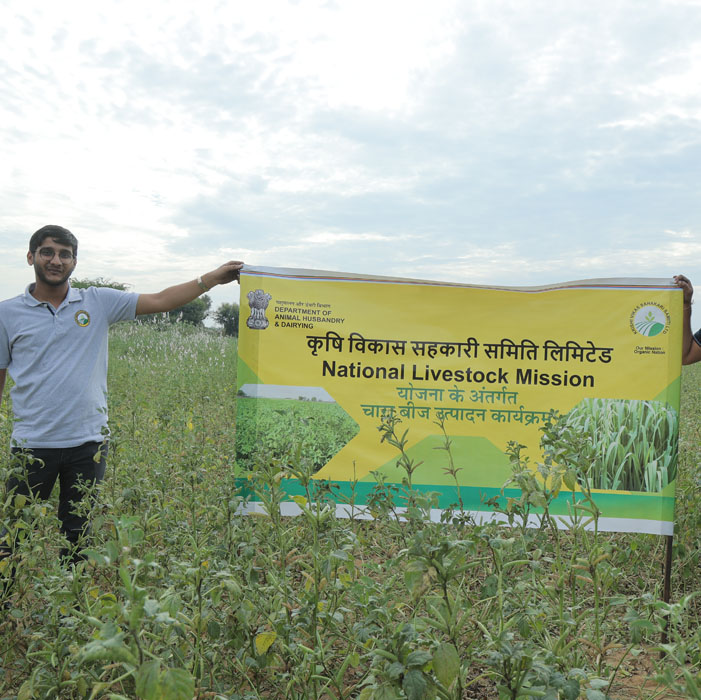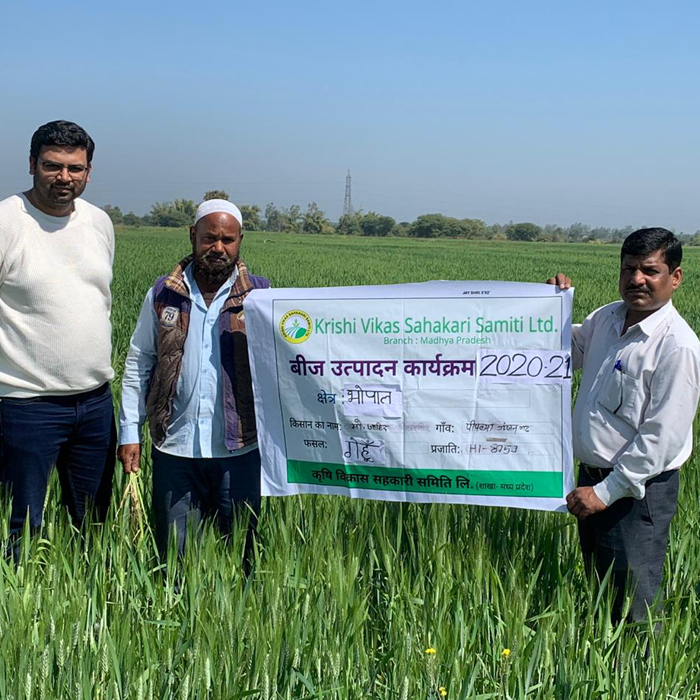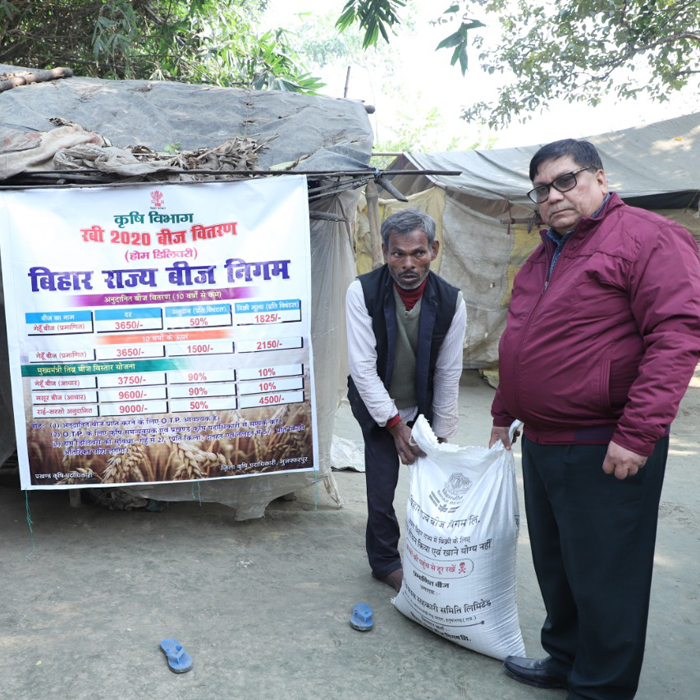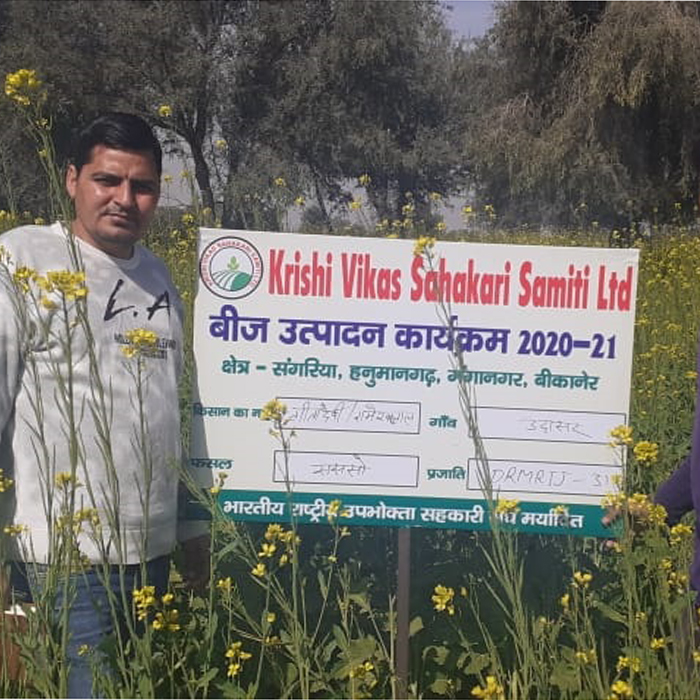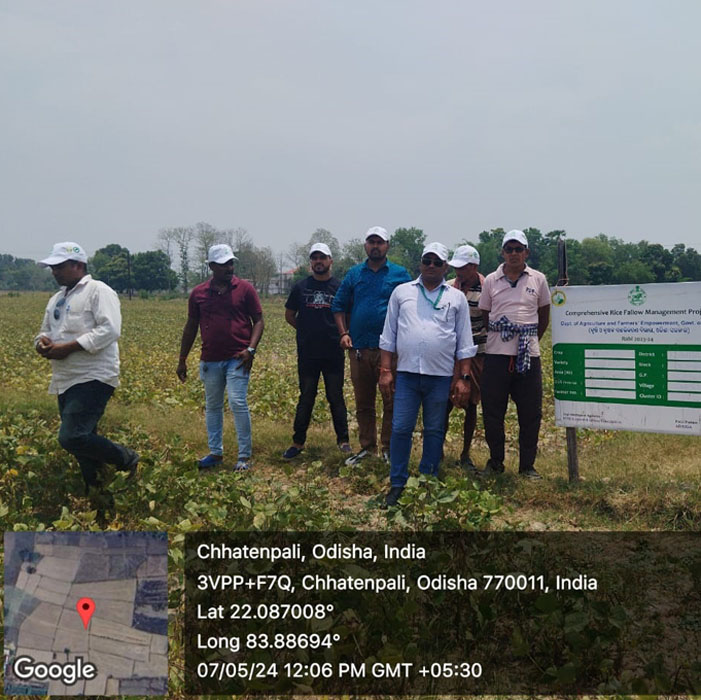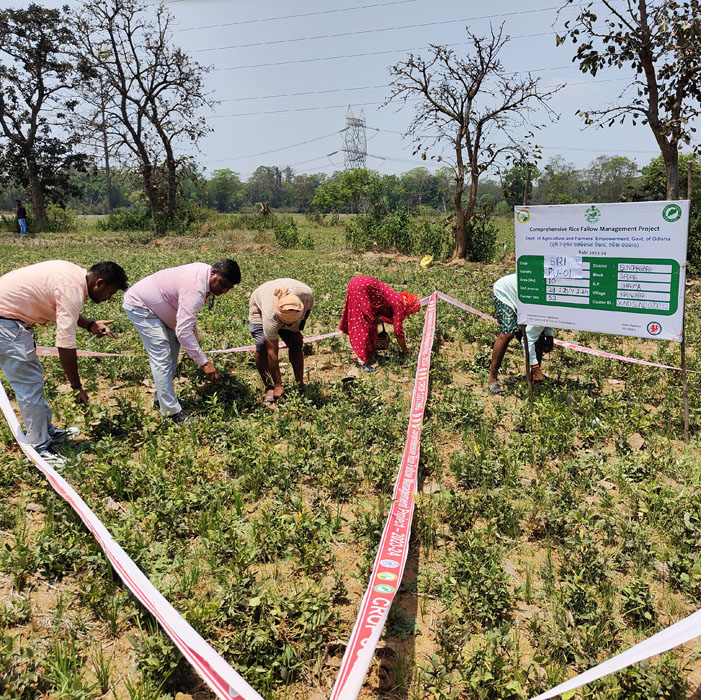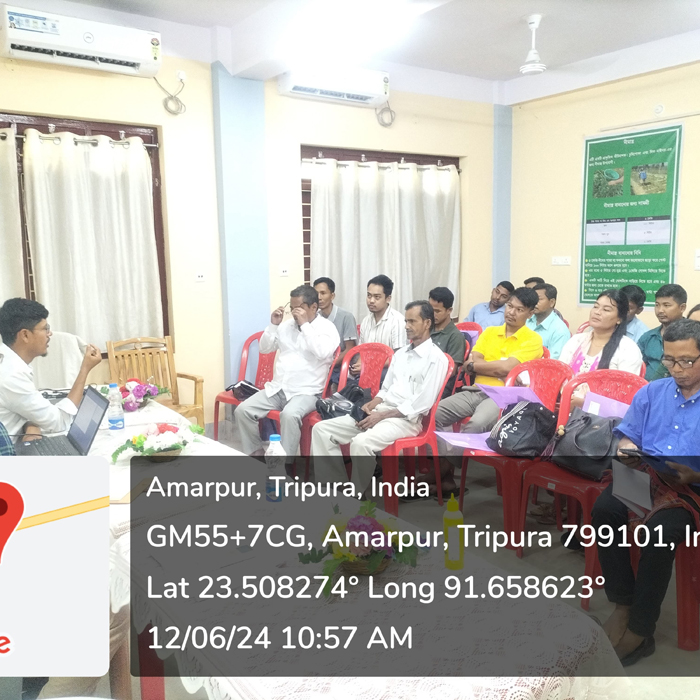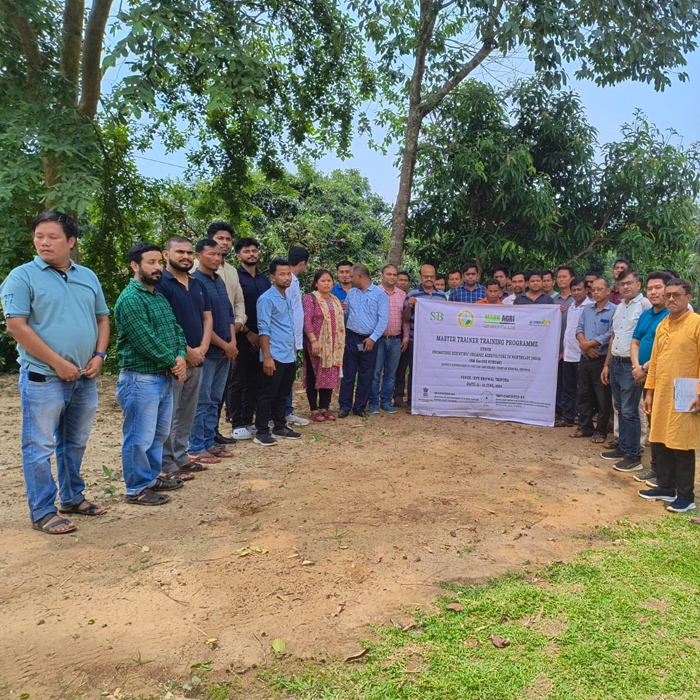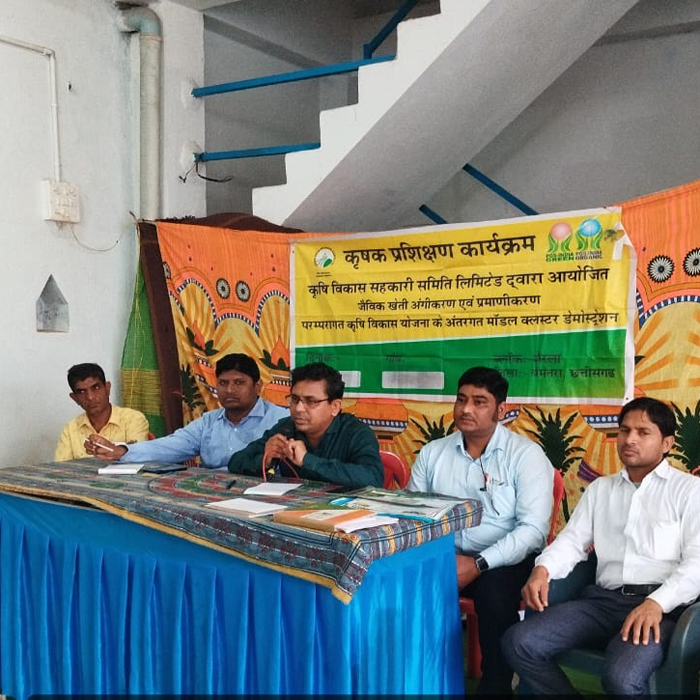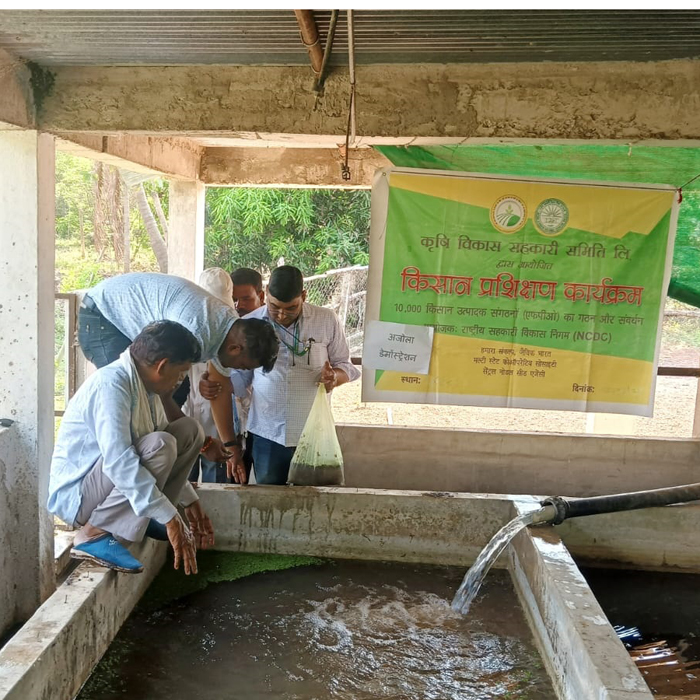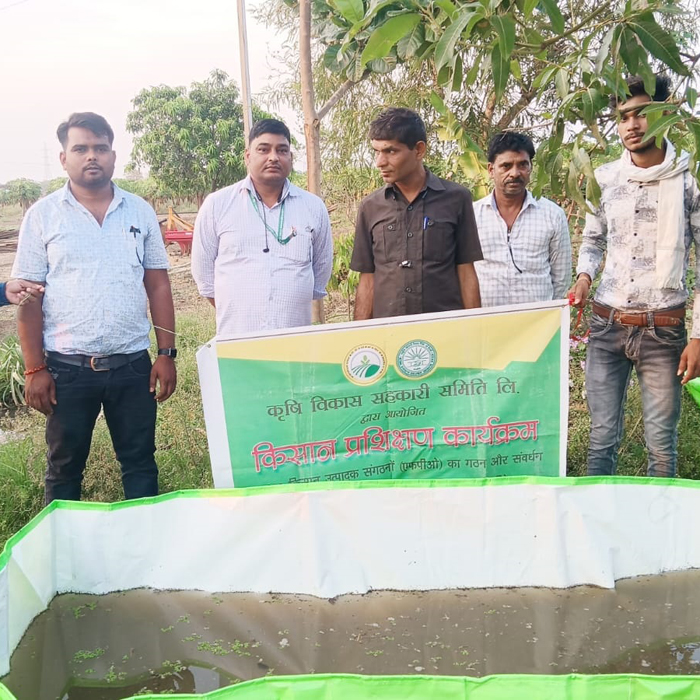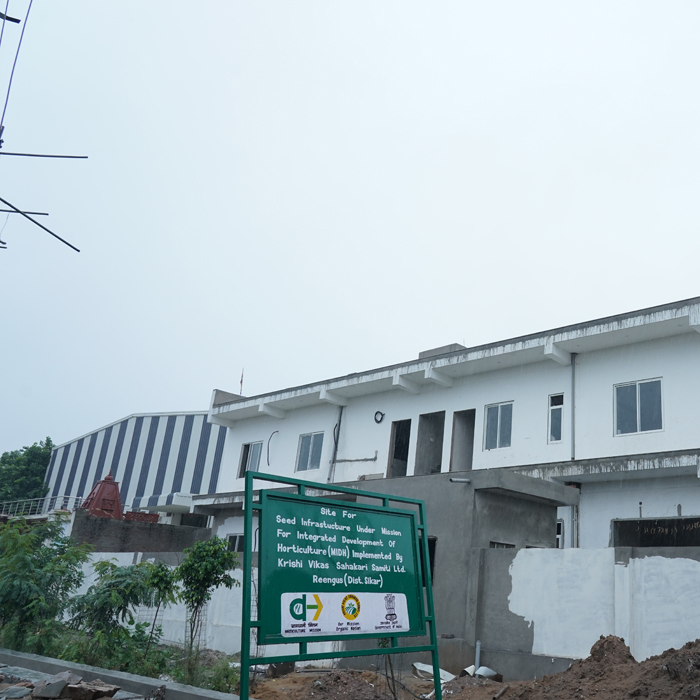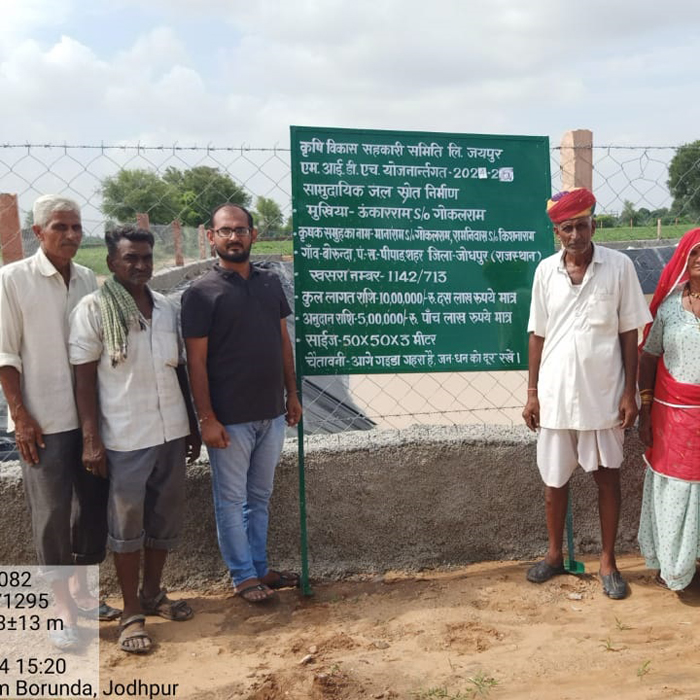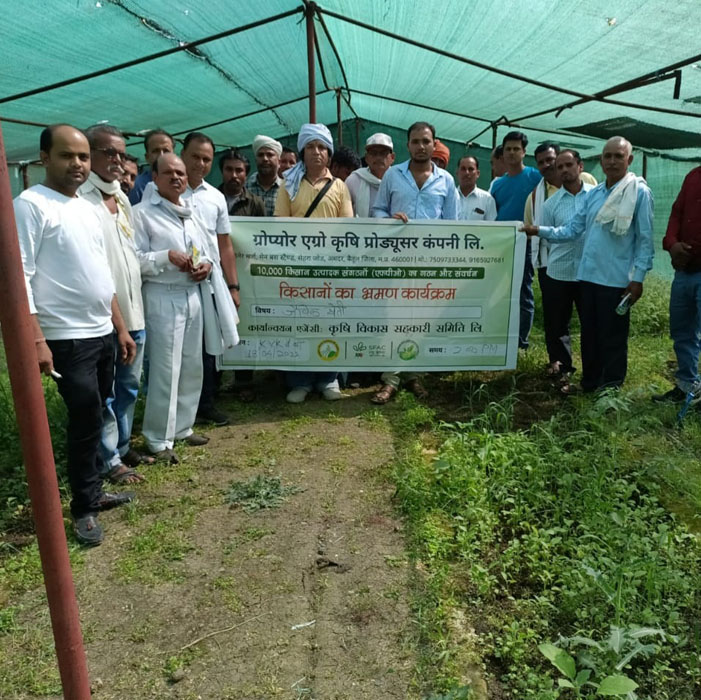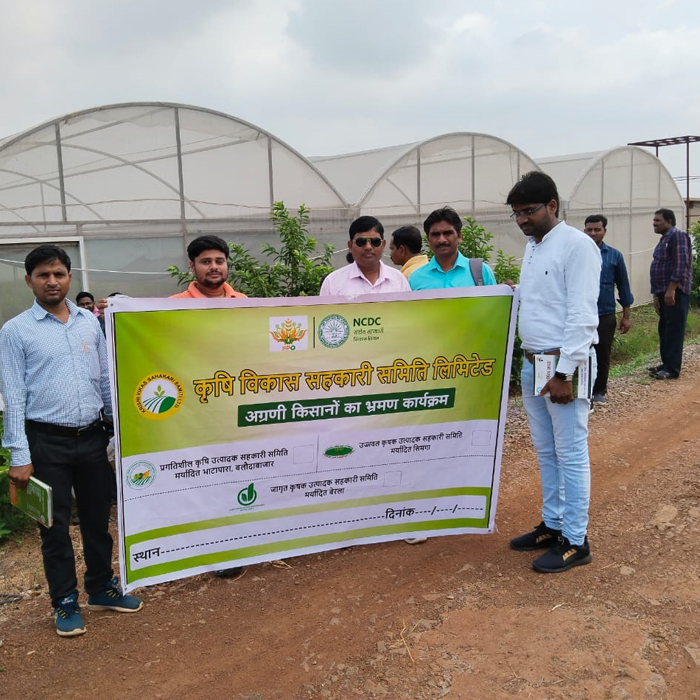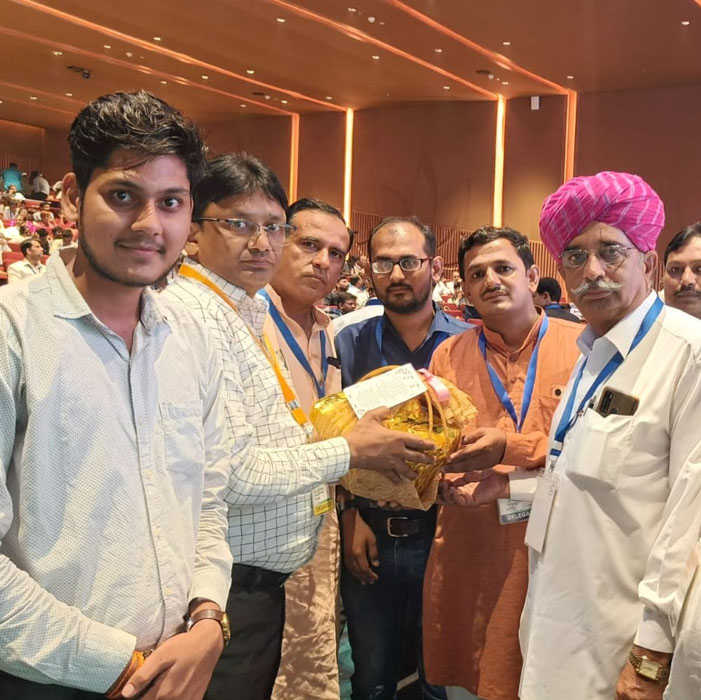- About KVSSL
- Projects
- Products
- Bio Fertilizers
- Bio-Pesticide
- Assar (Verticillium lecanii 1.15% WP)
- Rakshak (Verticillium Chlamydosporium 1% WP)
- Tejj (Trichoderma Viride 1.5% WP)
- Raftar (Trichoderma Viride 1.5% LF)
- Teer (Trichoderma Harzianum 2% AS)
- Suraksha (Trichoderma Harzianum 1% WP)
- STOP (Pseudomonas Fluorscens 2% AS)
- Barrier (Pseudomonas Fluorscens 1% WP)
- Bio-Armor (Metarhizium anisopliae 1% WP)
- Protector (Beauveria bassiana 1.15% WP)
- Nature Guard (Beauveria Bassiana 1.5 % LF)
- Mine (Bacillus thuringiensis israelensis 5.0% AS)
- Bio-shield (Bacillus Thuriengiensis Kurstaki 0.50% W.P)
- Ecosafe (Bacillus Subtilis 1.5% AS)
- Seeds
- Others
- Associations & Partnerships
- Careers
- Contact Us





